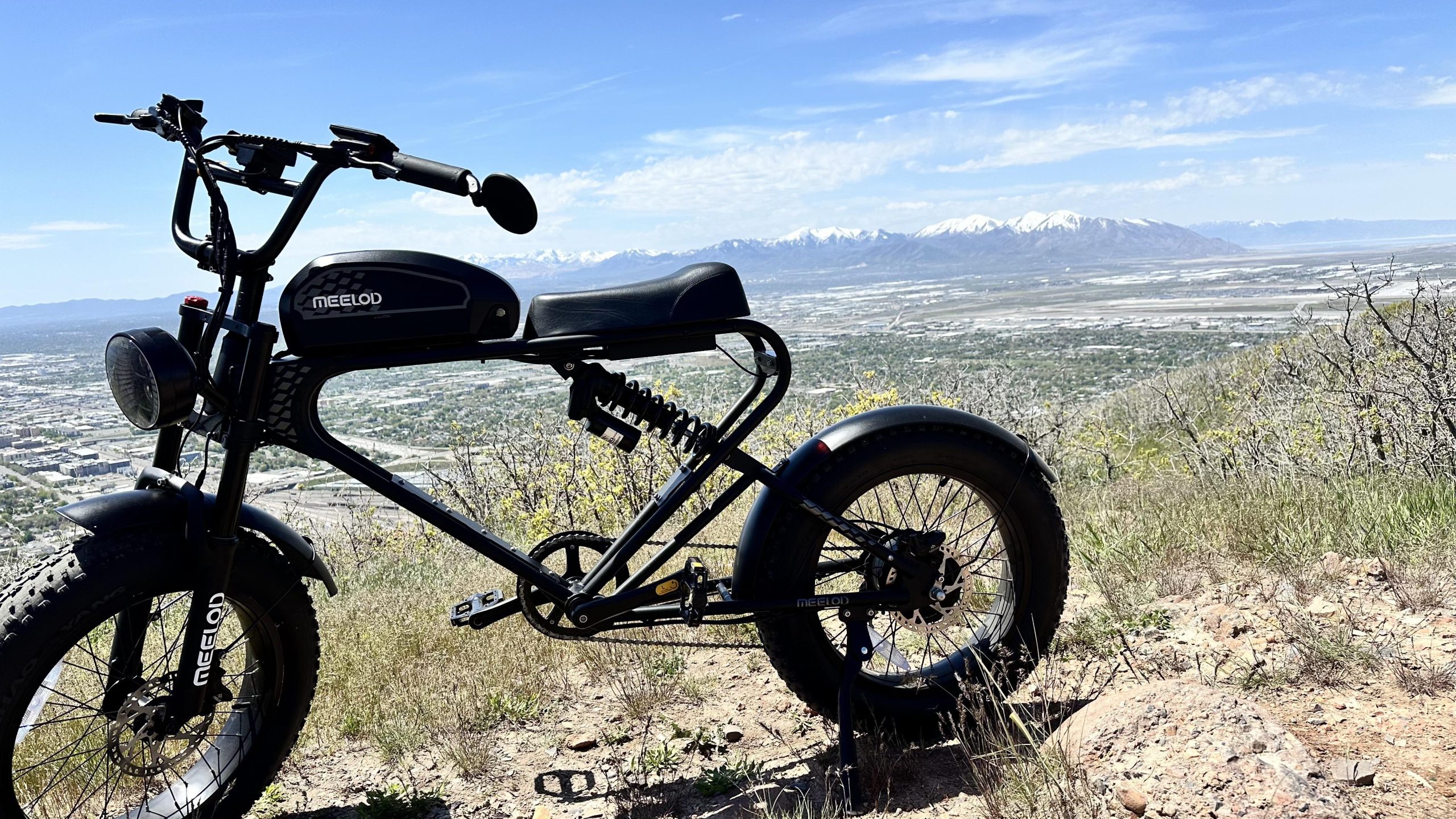Electric bikes (e-bikes) and electric scooters have grown in popularity as cities and people search for more environmentally friendly means of mobility. Both provide environmentally friendly options, but in terms of environmental impact, convenience, cost, and performance they differ. The main variations between electric bikes and scooters will be discussed in this post to guide your choice of the most environmentally friendly choice. With a Dual Motor Electric Bike, riders enjoy enhanced battery efficiency, enabling longer trips without the need for frequent recharging.
-
Environmental Influence
Both electric scooters and e-bikes help to lower carbon emissions and advance environmentally friendly means of mobility. Rechargeable batteries run them; they cut air pollution and replace fuel in need. On sustainability, e-bikes do, however, have a little advantage. This is so because their smaller size and durability problems force electric scooters to have shorter lifetime, which results in more frequent replacement and waste. Furthermore, e-bikes frequently have more robust materials, which over time lowers their environmental impact.
-
Usability and convenience
Concerning convenience, both e-bikes and electric scooters have clear benefits. When not in use, electric scooters are light, portable, usually collapsible, which makes carrying or storage simple. Short-distance travel—that example, running errands within a few miles or commuting to work—makes them particularly handy.

-
Maintenance and Financial Cost
Electric scooters are generally more affordable than e-bikes in terms of upfront cost, making them an attractive option for those on a budget. However, the initial savings may be offset by maintenance costs, as scooters are more prone to wear and tear due to their smaller size and less durable components. Scooters used everyday on tough terrain especially may need more frequent replacement or repair.
-
Range and performance
When comparing performance, e-bikes typically outperform electric scooters, especially over longer distances. E-bikes are designed for more robust use, with larger batteries that provide longer ranges. Riders can also switch between pedal-assist and full electric modes, extending the bike’s battery life and range significantly. E-bikes can travel up to 40-70 miles on a single charge, depending on the model and conditions, making them ideal for both short and long-distance commutes.
Both electric bikes and scooters are eco-friendly options that offer significant advantages over gas-powered vehicles. However, e-bikes generally come out on top when it comes to long-term sustainability, performance, and versatility. Dual Motor Electric Bike is designed for riders seeking speed, reliability, and the ability to tackle diverse riding conditions.


